Bolt vs. Uber: What You Need to Know About This Global Ride-Sharing Rival. Beyond Ride-Hailing: Is Bolt the Future of Urban Mobility. Introduction: How Are You Getting Around These Days? From the daily commute to weekend adventures, getting around town can be a hassle. Are you stuck in traffic, paying exorbitant fares, or just looking for a more sustainable way to travel? In the ever-evolving world of transportation, a new player is emerging to challenge the status quo: Bolt.
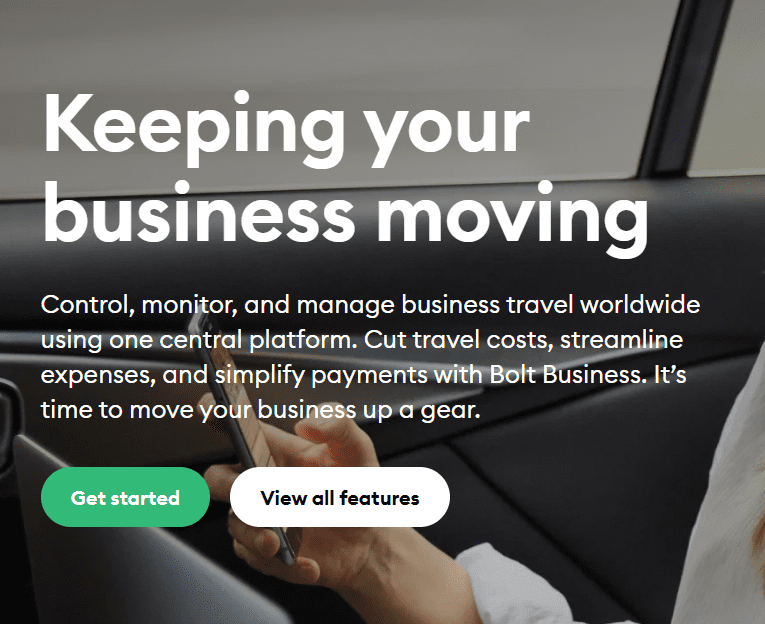
What is Bolt? A Mobility Super-App From Europe
Bolt isn’t just another ride-hailing company; it’s a multifaceted mobility provider offering a range of services designed to make urban travel easier, more affordable, and more sustainable. Founded in 2013 by Markus Villig in Tallinn, Estonia, Bolt has quickly expanded its reach to over 500 cities across more than 45 countries in Europe, Africa, Western Asia, Southeast Asia, and Latin America.
Serving over 150 million customers with a network of more than 3 million driver and courier partners, Bolt is rapidly becoming a global force in the transportation industry.
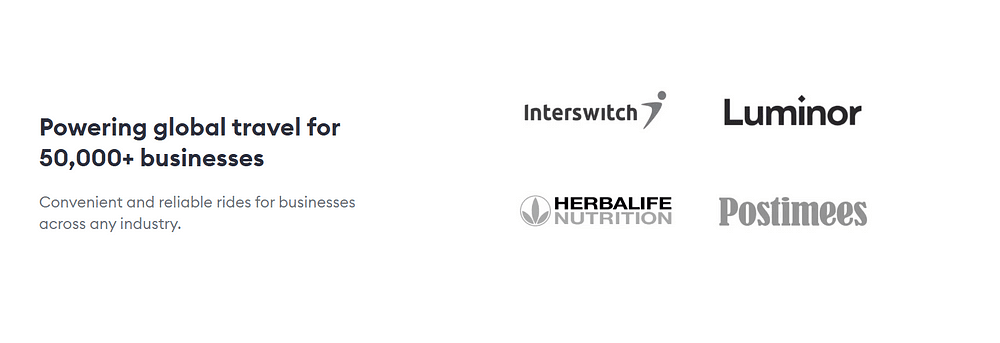
Ride-Hailing, Reimagined: Affordable and Reliable
At its core, Bolt provides affordable and reliable ride-hailing services, connecting passengers with drivers through its user-friendly app. Whether you need a quick ride to the airport, a comfortable commute to work, or a safe way to get home after a night out, Bolt offers a convenient and cost-effective alternative to traditional taxis and other ride-sharing services.

Eco-Friendly Adventures: Micromobility Rentals
For short-distance trips, Bolt offers a sustainable and fun option: e-scooter and e-bike rentals. These certified CarbonNeutral® micromobility solutions are perfect for zipping around town, exploring new neighborhoods, or running errands without contributing to traffic congestion or air pollution. Bolt’s e-scooters and e-bikes are available in select cities, providing a convenient and eco-friendly way to experience your surroundings.
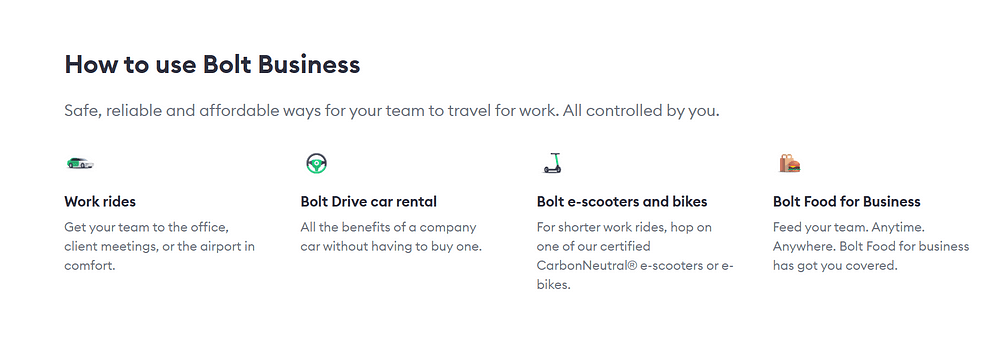
Beyond Transportation: Bolt Food Delivery
Hungry? Bolt has you covered. Launched in 2019, Bolt Food connects users with a variety of restaurants and grocery stores, allowing you to order your favorite meals and essentials with just a few taps on your smartphone. Operating in over 80 cities across 19 countries, Bolt Food features more than 30,000 partner establishments, ensuring you have plenty of options to choose from.
Bolt Business: Simplifying Corporate Travel
For businesses looking to streamline their travel management, Bolt Business offers a centralized platform designed to control, monitor, and manage corporate travel worldwide. With features like automated ride reports, third-party platform integrations, and consolidated invoicing, Bolt Business helps companies reduce administrative tasks, cut travel costs, and gain full control and visibility over their travel expenses. It’s like having a dedicated travel manager in your pocket.

Bolt vs. The Competition: Who Will Win the Mobility Race?
In the highly competitive mobility and transportation sector, Bolt faces stiff competition from several key players, including:
- Uber: The global ride-hailing giant with a similar range of services, including ride-sharing, food delivery, and freight.
- Lyft: A prominent ride-sharing service primarily operating in the United States and Canada.
- Didi Chuxing: A Chinese transportation company offering ride-hailing and other mobility services, with a growing international presence.
While Uber dominates the market, Bolt is rapidly gaining ground, offering competitive pricing, a wider range of services, and a strong focus on sustainability. The battle for transportation supremacy is heating up!
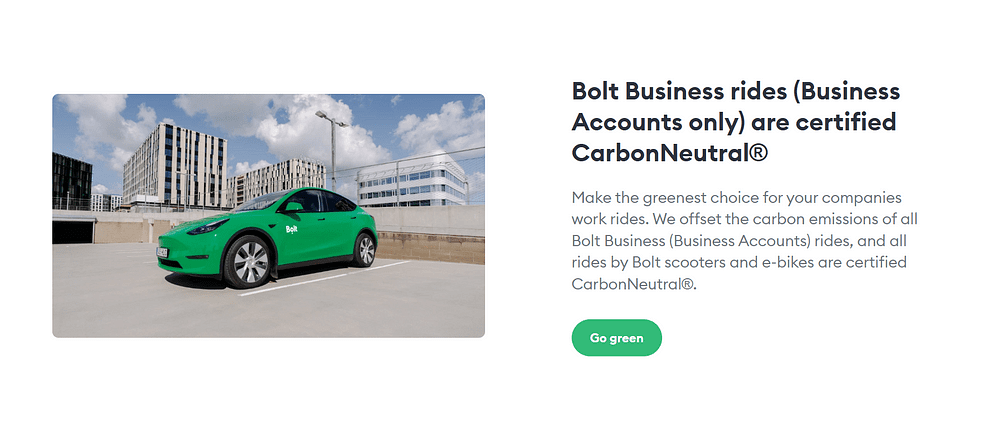
Challenges and Opportunities: Navigating the Gig Economy and IPO Plans
Like many companies in the gig economy, Bolt faces ongoing challenges related to employment classifications. In September 2024, over 12,500 Bolt drivers in London sought recognition as workers rather than self-employed contractors, aiming for rights such as holiday pay and minimum wage.
Despite these challenges, Bolt remains optimistic about its future. The company reported a revenue of €1.7 billion in 2023, with a net loss of €92 million. Bolt has announced plans for an initial public offering (IPO) in 2025, aiming to further expand its services and market reach.
Commitment to Sustainability: Bolt’s Eco-Friendly Initiatives
Bolt is committed to reducing its environmental impact through various sustainability initiatives. All Bolt Business rides are certified CarbonNeutral®, and the company is integrating e-scooters into public transport systems in cities like Oslo and Berlin. These efforts align with Bolt’s goal to provide eco-friendly transportation solutions and contribute to a more sustainable future.
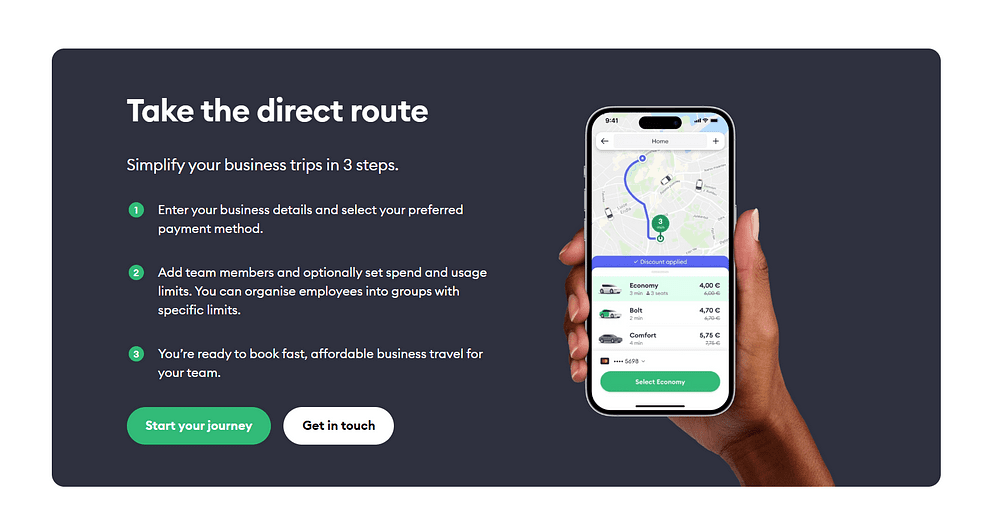
Is Bolt Poised to Take Over the Transportation Industry?
As Bolt continues to expand its global footprint and diversify its range of services, it’s becoming clear that this Estonian company is a force to be reckoned with. With its focus on affordability, reliability, sustainability, and innovation, Bolt is well-positioned to challenge the dominance of Uber and other established players in the transportation industry.


